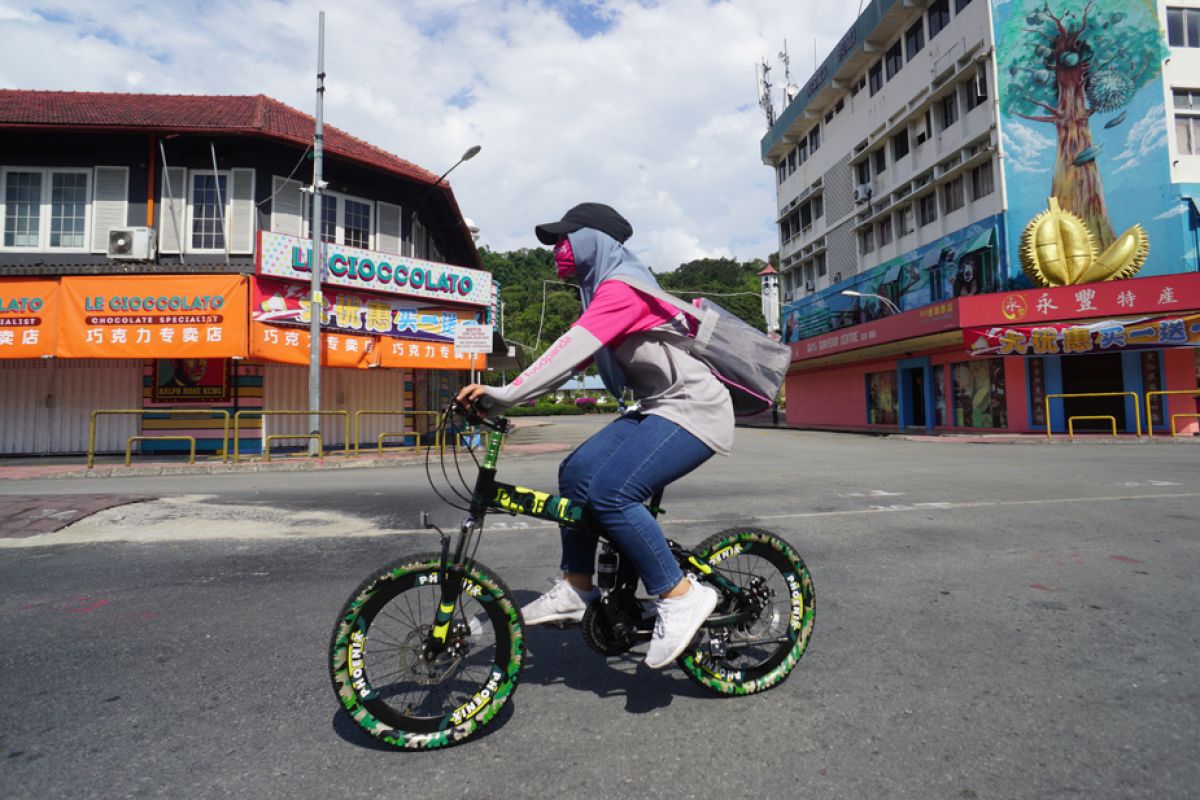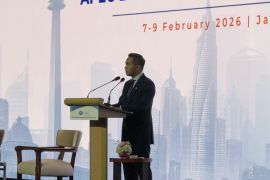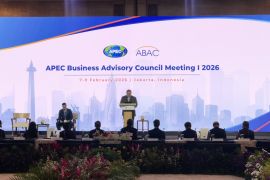APEC, as an economic and trade forum, will soon have a new vision to guide its work for the next decades. This post-2020 vision will become more critical than ever as we navigate through the new normal and recalibrate our priorities for the futureJakarta (ANTARA) - New data has pointed to a further slowdown in economic and trade growth due to prolonged tensions, lower commodity prices, and the COVID-19 pandemic in the APEC region, according to the APEC Policy Support Unit.
"Persistent uncertainty is testing our resilience; trade and technology tensions and post-Brexit concerns all contributed to the lackluster economic activity in 2019. The severity and uncertainty as to the duration of the COVID-19 pandemic has further aggravated the ongoing challenges," said Denis Hew, director of the APEC Policy Support Unit, in a written statement received here on Thursday.
According to the latest APEC Regional Trends Analysis, the Asia-Pacific recorded weaker economic growth at 3.6 percent in 2019, compared to 4.2 percent in 2018.
With the onset of the COVID-19 pandemic, beginning earlier this year, a gloomier outlook is projected for APEC in 2020. The region's economic growth is expected to post a record decline of 2.7 percent in 2020, which is contingent on the effective containment of the virus and the implementation of economic measures.
The report, first delivered to the Virtual Extraordinary Senior Officials' Meeting on Wednesday, shows a substantial decline in merchandise trade volume and value in the APEC region due to the implementation of trade-restrictive measures, such as anti-dumping, tariffs, duties, and other levies.
According to the report, growth in the volume of merchandise exports dropped significantly to 0.6 percent in 2019, compared to 4.3 percent in 2018, while the volume of merchandise imports turned negative in 2019 after a 4.9 percent expansion in 2018.
Similarly, the value of APEC's merchandise exports and imports contracted by 1.9 percent and 2.9 percent in 2019, respectively.
Contrary to the merchandise trade numbers, the region's trade in services remained positive in 2019, albeit at lower levels than in 2018. The trade in services’ global growth can be attributed to the increasing demand for digital technology services and automated services solutions, among others.
"Closer ties and cooperation between members are vital for ensuring the availability of credible and updated information to help policymakers around the region to develop appropriate policy responses at an exceptional scale," said Rebecca Sta Maria, executive director of APEC Secretariat.
Fiscal and monetary support to mitigate the economic impact of containment measures as well as stimulus packages are some of the key policy maneuvers that can be used for the uphill battle towards recovery, according to the report.
"APEC, as an economic and trade forum, will soon have a new vision to guide its work for the next decades. This post-2020 vision will become more critical than ever as we navigate through the new normal and recalibrate our priorities for the future," Denis Hew stated.
"Resiliency, sustainability, and inclusivity will take center stage. Support for healthcare systems and emergency preparedness will also be in the spotlight in our discussions," he added.
APEC member economies should take advantage of the forum's open and voluntary environment to commence the work towards coordinated policy responses, the report stated.
Those policy responses can ensure the free flow of medical goods and food supplies, improved access to and capacity of health systems, support for business and trade activities and a decisive move towards digitalization to boost economic activities in the region. (INE)
Related news: APEC responds to health and economic crises, pushes for recovery
Related news: Reforms necessary for future-proofing tourism industry: APEC
EDITED BY INE
Reporter: Yuni Arisandy Sinaga
Editor: Fardah Assegaf
Copyright © ANTARA 2020












